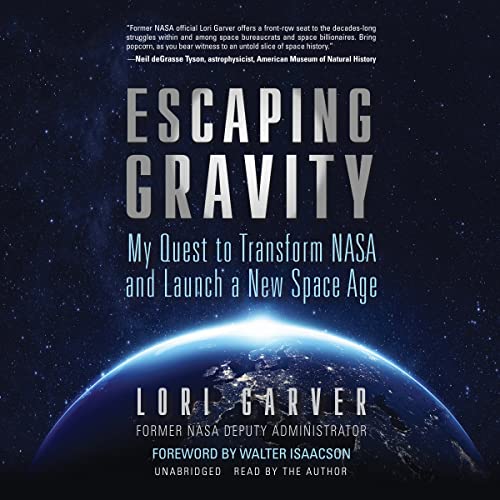What do you think?
Rate this book


1 pages, Audio CD
Published June 14, 2022
Ed’s description of me as a Bond-like villain connected to the commercial world is a nonsensical attempt to deflect his own complicity. His accusation that I was going around Charlie was, in reality, what he had done himself. Ed was the person responsible for shooting ESA in the face. He’d run the risk of making commitments of taxpayer funds without authority, likely intending to trap the US government into doing what he wanted. Ed had been learning how to be a practitioner of the dark arts for thirty-five years, and had become an expert.
Many who disagreed with my views attacked me with vulgar, gendered language, degradation, and physical threats. I’ve been called an ugly whore, a motherfucking bitch, and a cunt; told I need to get laid, and asked if I’m on my period or going through menopause. Bundled emails were sent to members and staff on the Hill and throughout the aerospace community from a group calling itself Change NASA Now, aimed at having me removed from my position
Success has a thousand fathers, and failure is an orphan. I am elated that so many people are now supporting the transformational initiatives that they previously barely failed to sabotage. It was fully within Congress’s right to question the new concept, but their unwillingness to get onboard with President Obama’s proposal in favor of extending massive aerospace contracts, is a matter of public record. It has been humorous and gratifying to watch the program’s former adversaries run to get on the fast-moving train headed in a different direction than the one for which they’d bought a ticket.